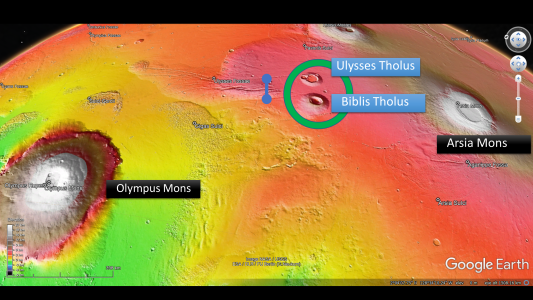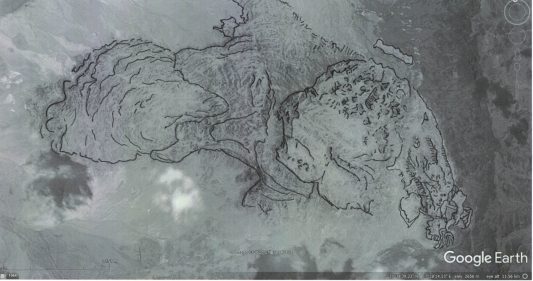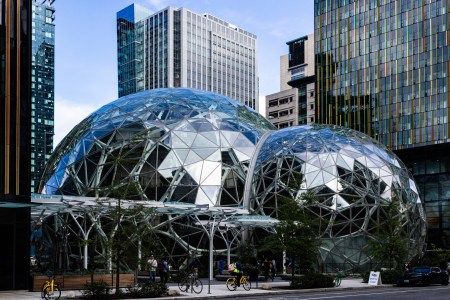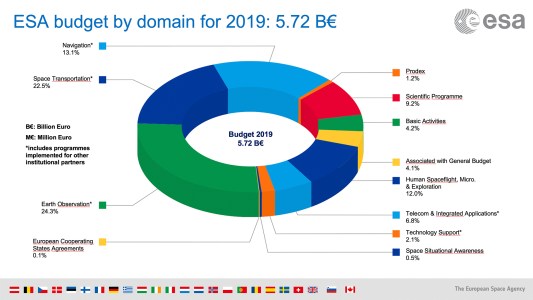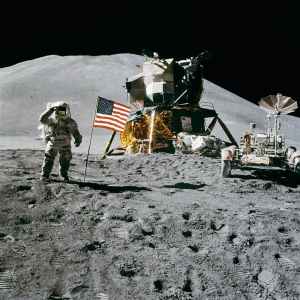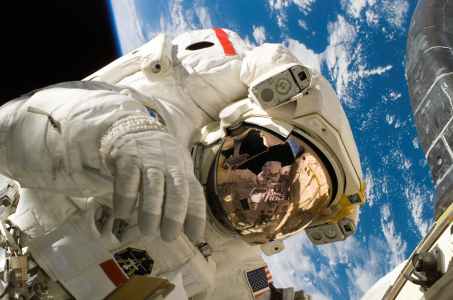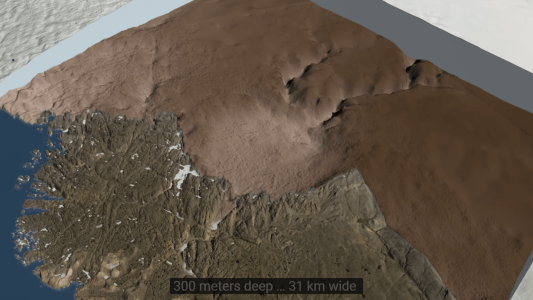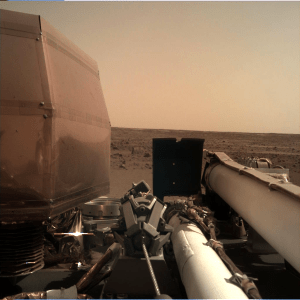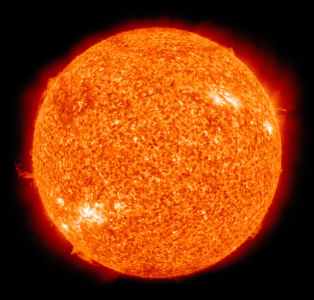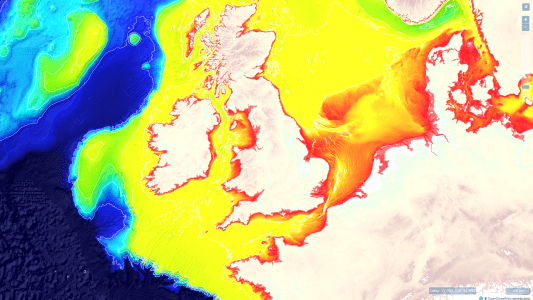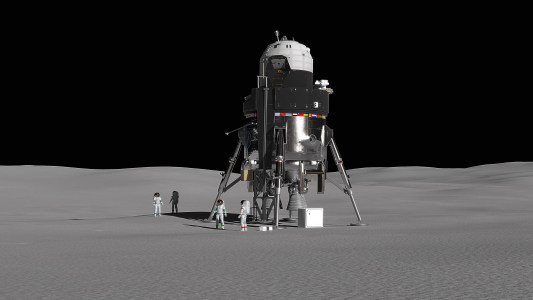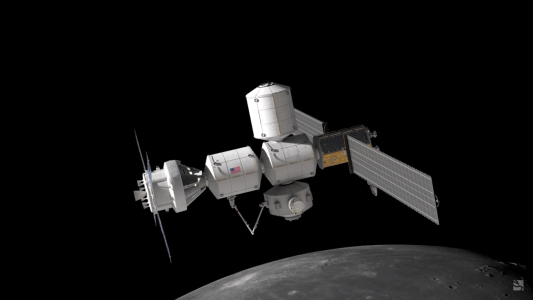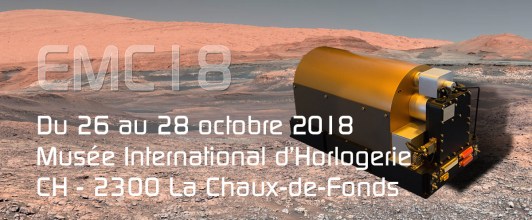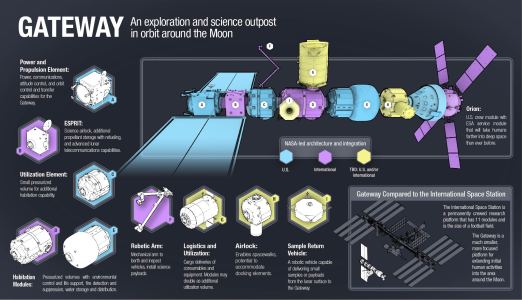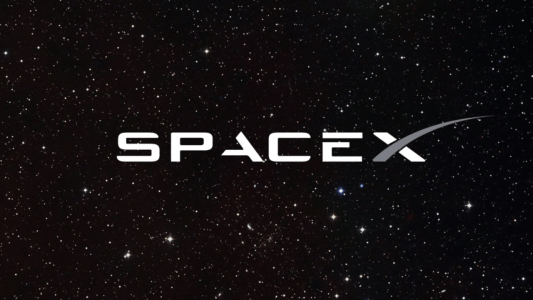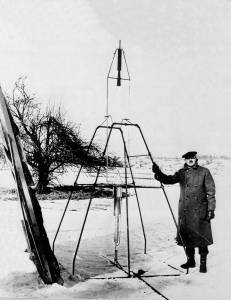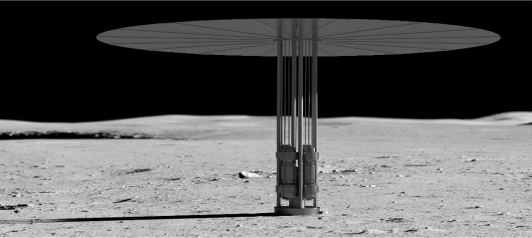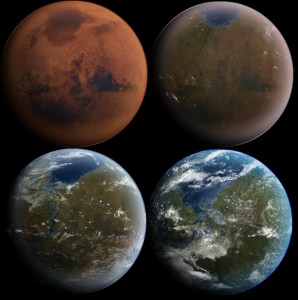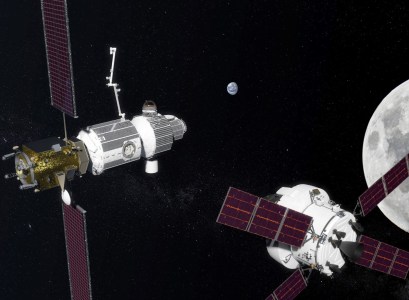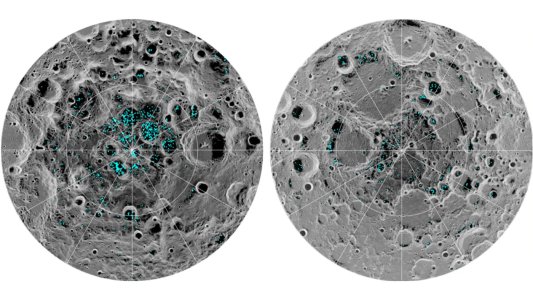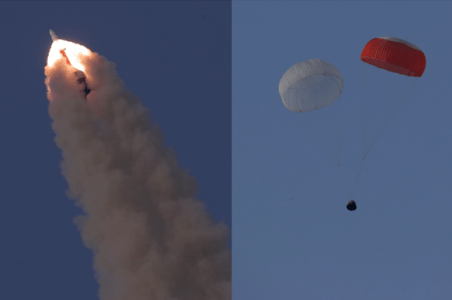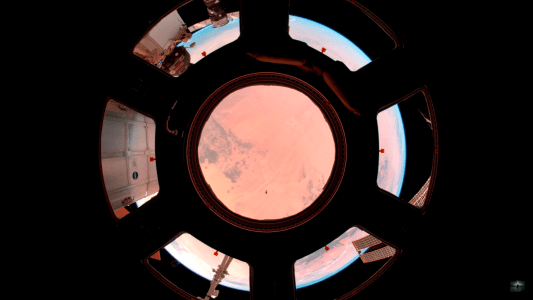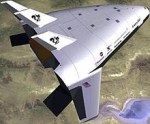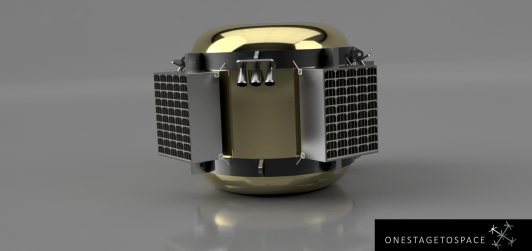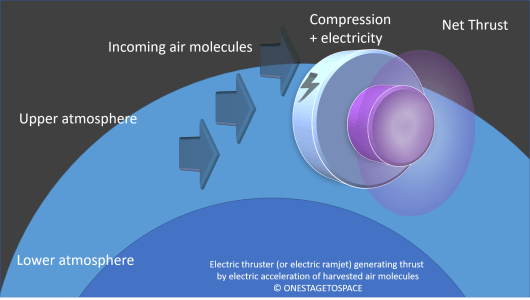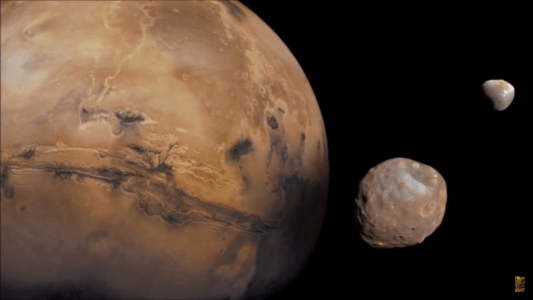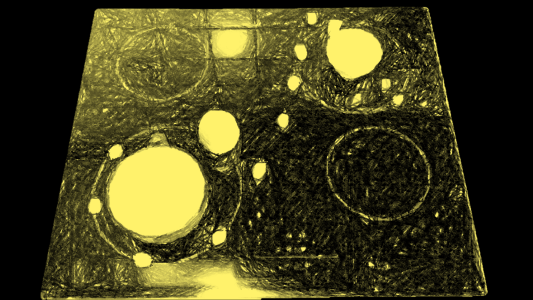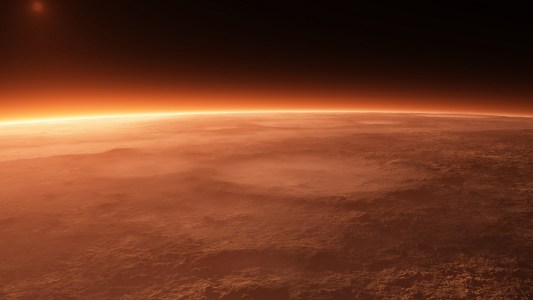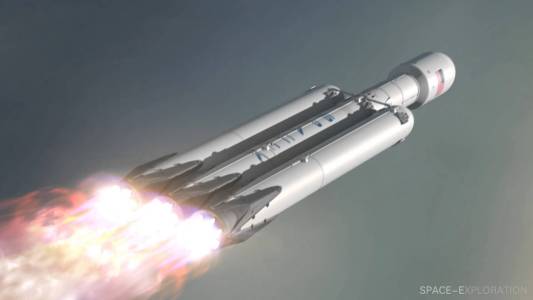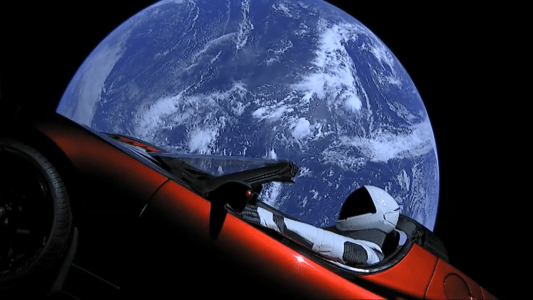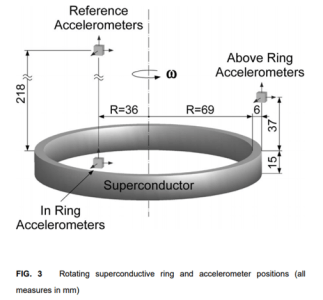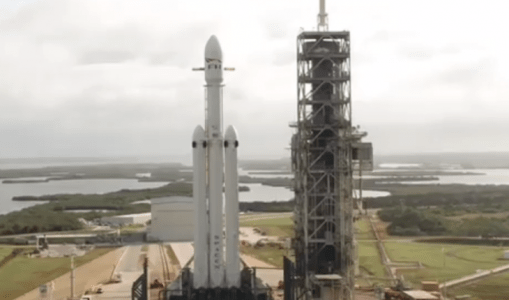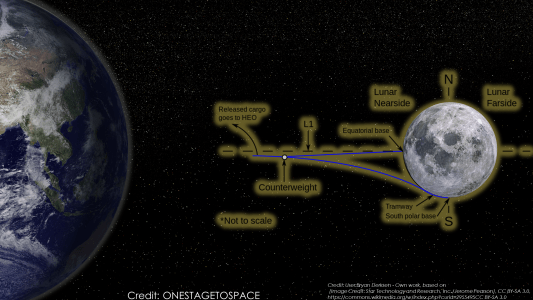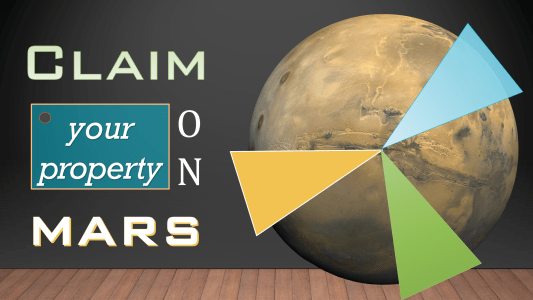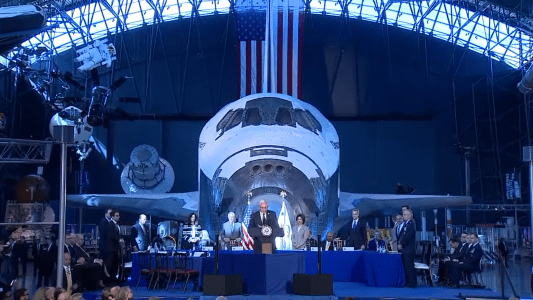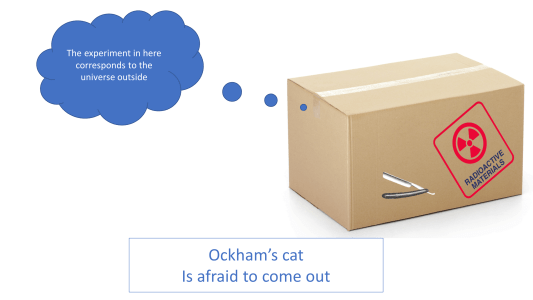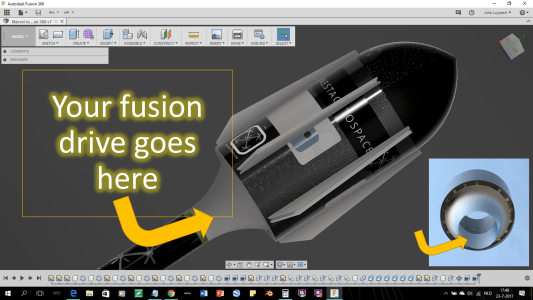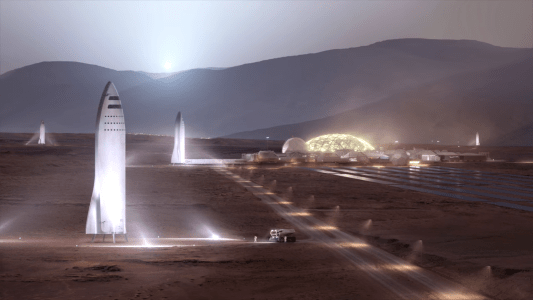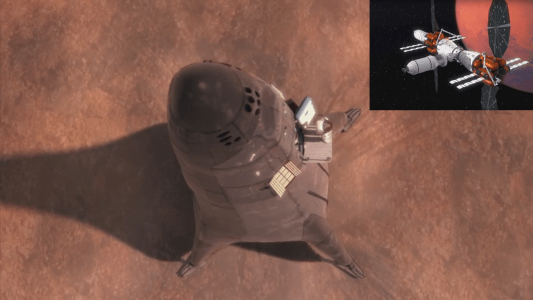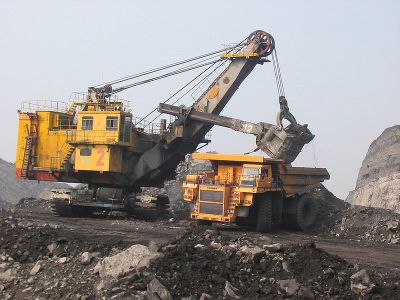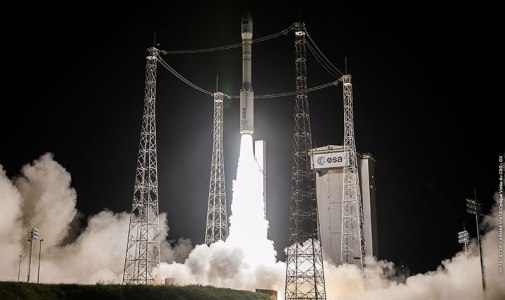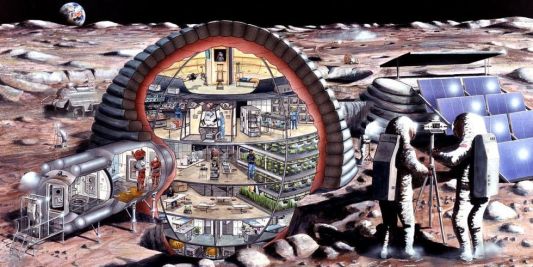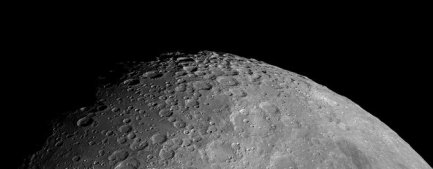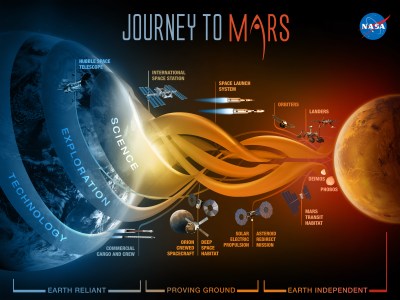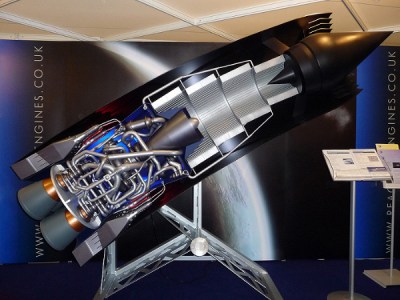Probably not. Science, for now, concludes the opposite as the solar wind is thought to have been stripping away Mars’ atmosphere since the strength of its magnetic field started to dwindle eons ago. But let’s find out what the alternative argument could be.
This article is part of a series called: The alternative hypothesis.
Sometimes it is fun to take the contrarian view, so please do not hesitate to comment and shine your light on the following question: “Is Mars’s atmosphere growing?”
A story of decline
Mars is cold. It somehow lost its atmosphere, which is why the pressure is too low to venture out without a space suit. A problem for future colonists.
We all know the story by now. Or do we?
Scientists hypothesize Mars lost its magnetosphere about 500 million years ago. As a result, the solar wind had free play, pushing ionized gases out of the upper layers of the atmosphere into the solar system, gradually thinning its atmosphere and pressure while allowing the planet to cool. The water in the rivers and air and an excess of C02 formed polar caps or vented out into space. It makes one feel sad for the fate and more habitable former grandeur of this world. Probes like MAVEN would certainly prove this hypothesis.
Recent measurements put the rate of loss at about 1 kg every second (*).
According to a video below, NASA engineers found a way to replace the function of that magnetic device with a very clever solution (see video below). In this manner, future colonists would be able to stop the depletion of the atmosphere and allow it to start re-accumulating. Cool. I am totally on board with that kind of forward thinking innovation!
But wait a minute…. what would it actually mean that Mars loses 1 kg/second? Would there really be a need for future colonists to use this, admittedly, impressive and elegant solution?
And what if there is a possible ground for an alternative hypothesis?
Losing 1 kg/second. Let us look at what this means …
1 kg /second? Such a small loss would mean it was a non-issue to begin with, hardly worth attention.
An example: In the next 10.000 year MARS will have lost 316 million metric ton. That comes out to ‘misplacing’ only 3153 and a half super aircraft carriers the size and weight of USS Gerald R. Ford (100.000 metric ton) over a span of ten thousand years (or less than a 40.000 mton USS wasp class helicopter carrier/year).
We can see aircraft carriers are humongous pieces of hardware. But on the scale of the planet, even on the scale of Mars, they are but minuscule paperweights.
Barring a sudden insurmountable halt in human technological progress, it is very likely we’ll permanently park or crash plenty of those on or into the surface of Mars, including cargo. Losing one of them per year would appear to be quite inconsequential. And there is another good reason for this.
A different perspective.
If humanity does not intervene, another natural process, this time additive, is equally at play. Mars receives tons of asteroid material, and comet dust falls on Mars on a daily basis(**). This essentially replaces all the losses. It could even cause a slight increase in the mass of Mars.
Even better: If the 1 kg/second is correct, and keeping the material falling on Mars in mind, a good case may be made for the idea that the atmosphere of Mars might actually have been growing and not declining since it lost its magnetosphere.
Granted, the radiation environment would have become less inviting and could have killed off surface bacteria, but in turn, if this idea holds, the disappearance of a Martian magnetosphere would no longer be able to be blamed for a loss of atmosphere.
This introduces a new scenario: Mars’ atmosphere would not be not thin because it lost its atmosphere, due to the absence of a magnetic field, following the absence of a warm turning core… Instead, Mars’s atmosphere could be thin and dry because the core cooled down. A lack of circulating heat could have gradually resulted in the atmosphere freezing out into the soil. Without having had time to vent out into space.
Could this imply all the atmosphere is still there…ready to be heated up out of the soil to re-pressurize the planet? If so, you wouldn’t even have to supply gases or water from other planets. Mars would be an instant soufflé. Just add heat.
Movie wisdom
Interesting… And it brings to mind the scenario of that excellent, or at least fantastic, SciFi classic: Total Recall (1990).
To re-pressurize Mars and make it habitable, scientists would just have to “Open their Mind”, as Arnold Schwarzenegger’s film character demonstrated when he hit the activation button on the ‘Giant Mars alien planet Heater’. We would just have to locate it… and the button…
Whoever claimed Hollywood is fiction?
Incredulous? You have a link to a better paper? Is this 1 kg / sec. number terribly wrong? Leave your comments !!
Nope, Mars will still lose its atmosphere: The real reason
However, the real reason why Mars probably cannot hold on to an atmosphere can be found on the next page. It has to do with the escape velocity of atmospheric gases.
Footnotes:
(*) A nice video about the prevailing view, explaining the 1 kg/sec. loss of atmosphere:
According to the results from the NASA MAVEN mission, this loss can go up to 2 kg/second during solar storms ( Forbes, NASA’s MAVEN Discovers How Mars Lost Its Atmosphere, March 3,2017, Ethan Siegel, Contributor)
(**) Spacecraft Measurements of the Cosmic Dust Flux“, Herbert A. Zook. doi:10.1007/978-1-4419-8694-8_5

